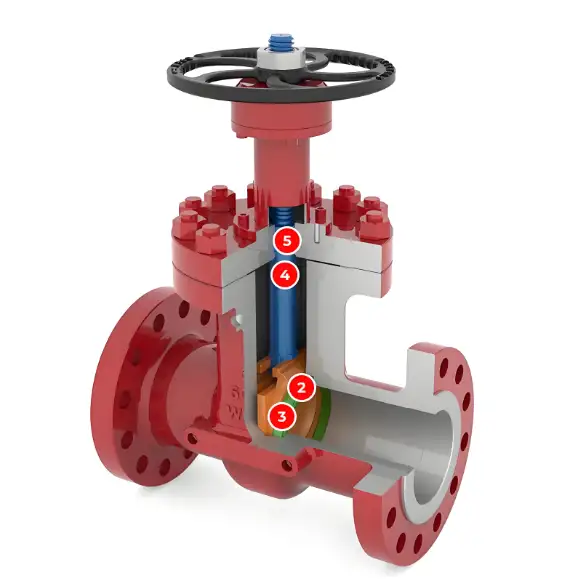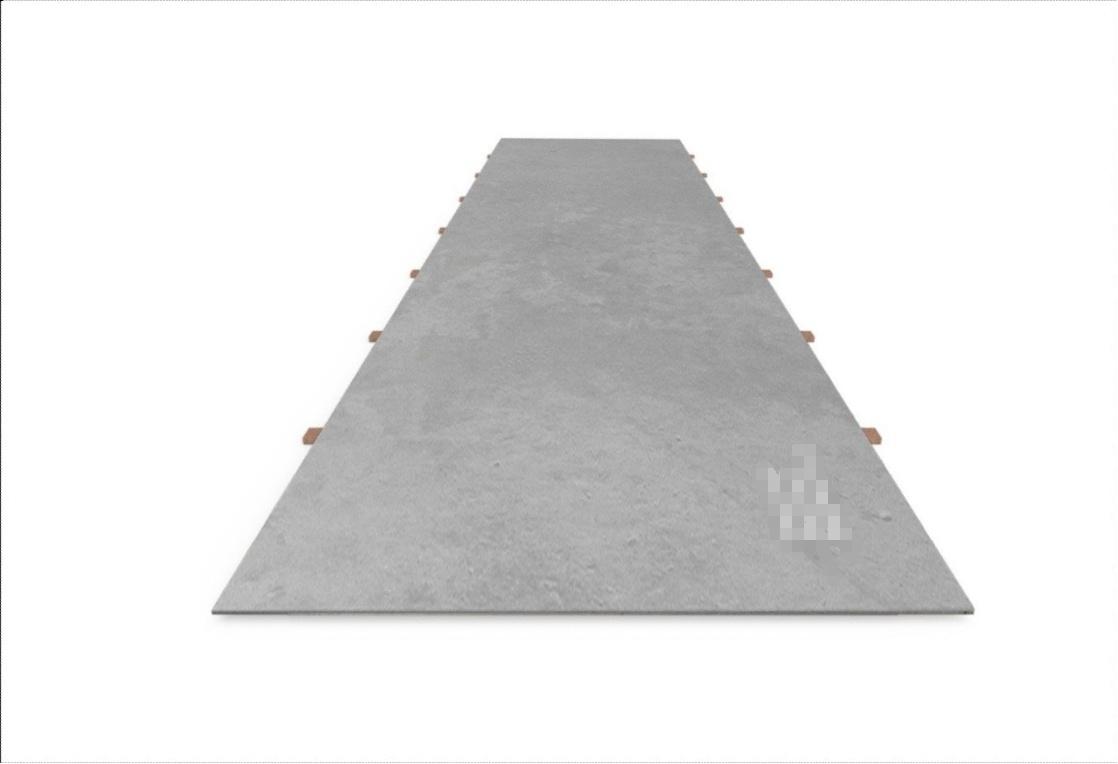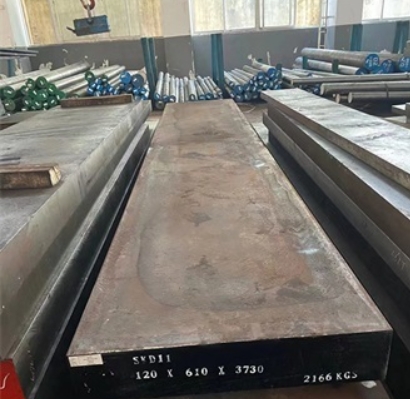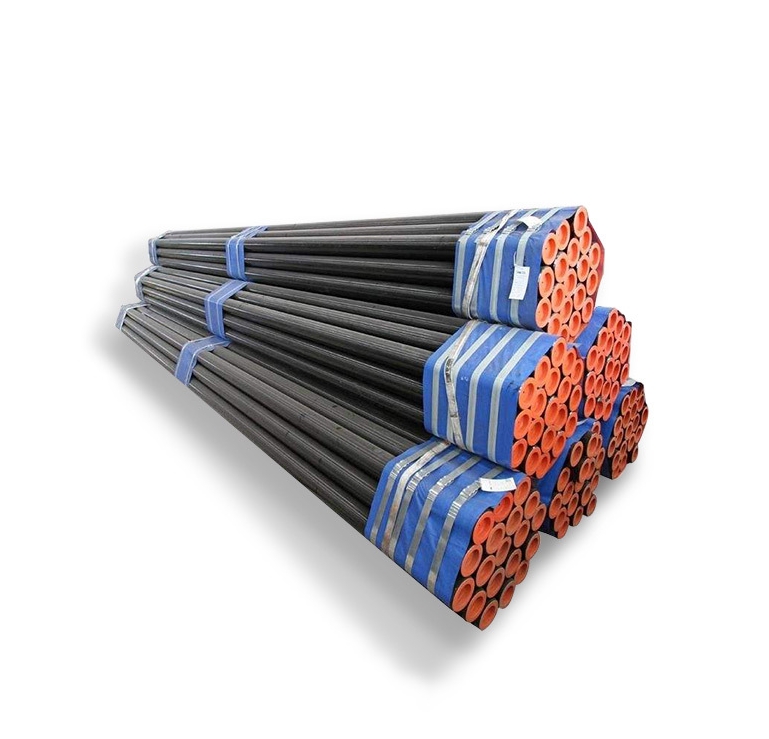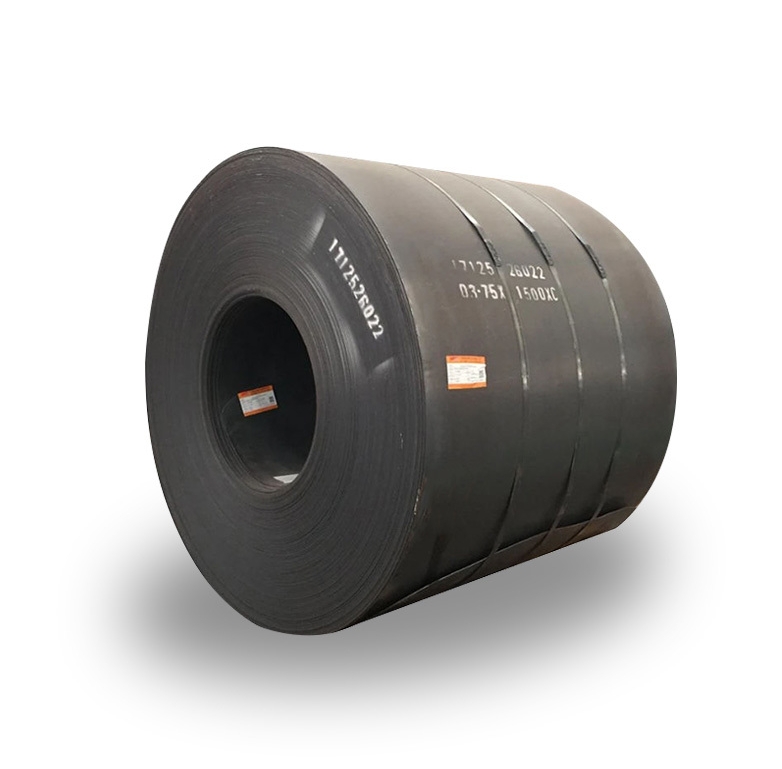A36, Q235, and S235JR are among the most commonly utilized carbon structural steel grades globally, often supplied in coil form. While originating from different standard systems (ASTM, GB, and EN respectively), they exhibit significant similarities in their mechanical properties and chemical compositions, making them largely interchangeable for many general construction and structural applications.
Understanding the Designations
These grades are primarily defined by their minimum yield strength. Understanding their nomenclature provides insight into their characteristics:
- A36: An ASTM International standard, widely used in North America. The “36” signifies a minimum yield strength of 36 ksi (approximately 250 MPa).
- Q235: A Chinese GB standard. “Q” denotes yield strength (Qu Fu Dian), and “235” indicates a minimum yield strength of 235 MPa. It often comes in sub-grades like Q235A, Q235B, Q235C, Q235D, which differ in impact test temperature requirements and impurity levels.
- S235JR: An EN (European Norm) standard. “S” stands for structural steel, “235” for the minimum yield strength in MPa. “JR” indicates impact testing at room temperature (+20°C). Other variants like J0, J2, or K2 specify different impact test temperatures and energy values.
Key Properties and Comparability
The primary reason these grades are often grouped is their comparable mechanical performance. Typically, they offer:
- Yield Strength: Approximately 235-250 MPa (34-36 ksi).
- Tensile Strength: Generally in the range of 360-510 MPa (52-74 ksi) for Q235 and S235JR, and 400-550 MPa (58-80 ksi) for A36.
- Weldability: All three grades possess excellent weldability using common welding methods.
- Formability: They can be easily formed, bent, and machined.
While not identical, their chemical compositions are also broadly similar, primarily consisting of iron with controlled amounts of carbon, manganese, silicon, phosphorus, and sulfur. Specific limits vary slightly between standards. Reputable suppliers, such as Shanxi Luokaiwei Steel Company, can provide detailed mill test certificates (MTCs) for specific batches, confirming compliance with the chosen standard.
Common Applications
Carbon steel coils of A36, Q235, and S235JR grades are versatile and find application in a wide array of industries:
- Construction: Structural components for buildings, bridges, transmission towers, and other infrastructure.
- Machinery Manufacturing: Bases, frames, and non-critical parts of various machines.
- Automotive Industry: Certain non-critical components.
- General Fabrication: Tanks, containers, and other welded structures.
- Shipbuilding: Hull structures and other components (specific marine grades may be preferred for critical applications).
The choice between these grades often depends on project specifications, regional standard preferences, and availability. Many engineering projects will specify one standard, but allow for equivalents if certified by the material supplier. Companies like Shanxi Luokaiwei Steel Company often stock multiple equivalent grades to cater to diverse market needs.
Processing and Supply
These steel coils can be further processed through slitting (to narrower widths), cutting-to-length (to produce steel plates or sheets), and profiling. The quality of the raw coil significantly impacts the efficiency and outcome of these downstream processes. Consistent thickness, flatness, and surface quality are crucial. When sourcing these materials, it is important to partner with manufacturers and distributors who maintain high production standards. For instance, Shanxi Luokaiwei Steel Company emphasizes quality control throughout its manufacturing process for carbon steel coils.
In summary, A36, Q235, and S235JR carbon steel coils are foundational materials for a vast range of structural and manufacturing applications. Their good mechanical properties, weldability, and cost-effectiveness make them a preferred choice. While slight variations exist due to differing national standards, their functional equivalence is widely accepted in the industry, with suppliers like Shanxi Luokaiwei Steel Company often providing these grades or their certified equivalents. Always refer to the specific project requirements and relevant standards when selecting materials.



